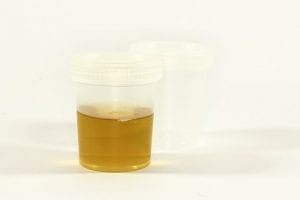Extensive research into the optimal radiation schedule to treat prostate cancer has been conducted in the last several years, because the optimal schedule for curative treatment is not yet known. It has been questioned whether or not treatment time could be reduced safely, even with an increase in radiation fractions per treatment. The resulting therapy, hypofractionated therapy, has seen mixed results.
The key benefit to hypofractionated therapy is, for most patients, the accelerated treatment schedule, which can shed weeks off of traditional treatment. While studies have shown this shortened timeline to be statistically insignificant from the traditional timeline’s effectiveness in eradicating prostate cancer cells, scientist’s concerns lie in the side effects of this concentrated treatment.
In a clinical study with four trials, hypofractionated therapy was shown to be effective in reducing prostate-specific antigens (PSAs), but had inconsistent results for the recurrence of these antigens and in cancer-free survival rates. Inconsistencies in the studies that followed also lead to an absence of data on the overall survival rate of patients receiving accelerated treatment because many of these studies focused on PSA or biochemical disease-free survival alone, often without taking into account the quality of life of the survivors.
Symptoms like rectal bleeding two years after treatment were found in 42 percent of hypo-fractionation treated patients and only found in 27 percent of the conventionally fractionated arm. Patients with compromised urinary function were also found to have significantly worse urinary function after hypofractionated treatment as opposed to traditional dosage plans.
With inconsistencies in studies themselves, and in the quality of patient recovery in the years after accelerated treatment, hypofractionated therapy cannot at this time be recommended for all patients with prostate cancer. The study of this new therapy is ongoing, and while it is promising, it just isn’t at a stage where it can be considered a viable alternative to traditional treatment. To learn more about the widely accepted treatments available at Arkansas Urology, visit our Prostate Cancer Center.




